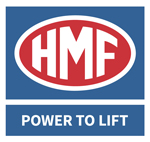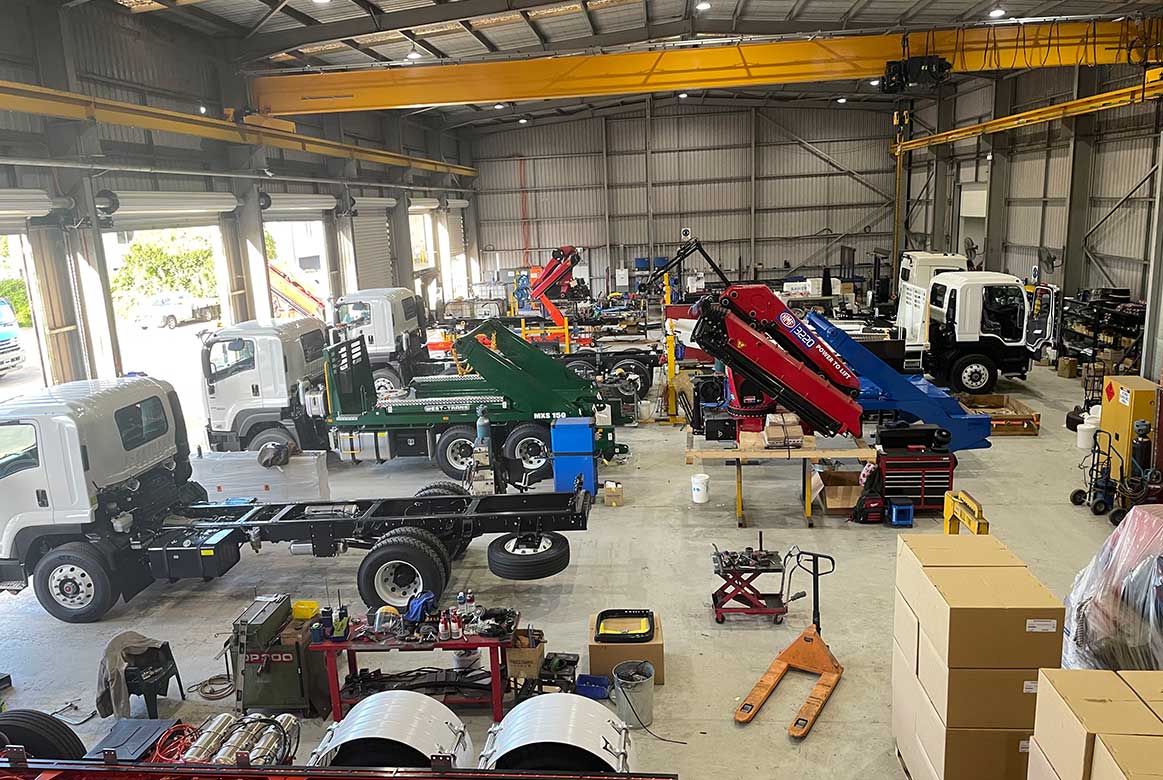Heavy-duty machinery like hook lifts, skip loaders, and tarping systems are the backbone of many construction, mining, and waste management businesses.
To maintain the productivity and efficiency of your workplace, it’s critical to perform regular equipment maintenance to ensure your vehicles are safe and in tip-top condition. The upkeep, servicing, and cleaning of each machine allows you to catch any potential problems early and improve the overall performance, longevity, and efficiency of your machines.
Let’s take a look at the essential steps you should be taking to maintain your hook lifts, skip loaders, and tarping systems, as well as the many benefits that performing these simple tasks will have on your equipment and company as a whole.
Understanding Your Machinery’s Maintenance Needs
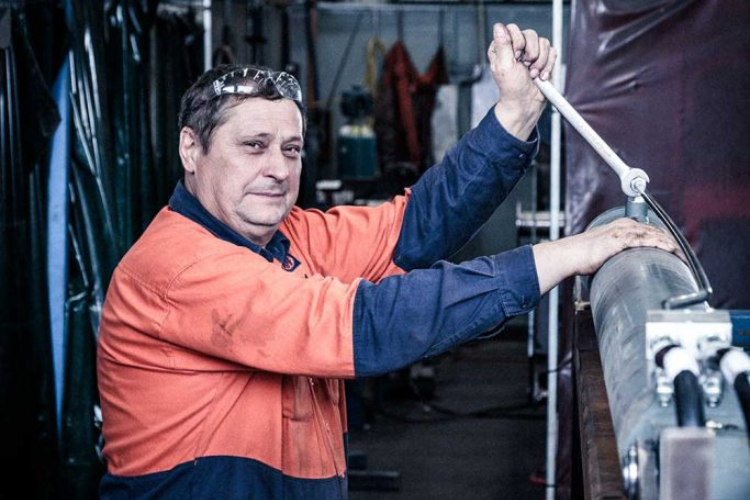
Knowing how your vehicle operates will help determine its maintenance needs. Different types of construction equipment have their own unique upkeep needs.
In the case of hook lifts, skip loaders, and tarping systems, each of these vehicles has a distinct mechanism that needs to be looked after in a specific way (see below for more details on each vehicle’s maintenance needs). To minimise downtime, keep to your recommended maintenance schedule, get regular services on your machines, and have replacement parts readily available.
Carefully read the information in your vehicle’s operation manual, and follow the instructions regarding a maintenance schedule, vehicle specifications, and recommendations regarding filters, fluids, and other necessities. Following the manufacturer’s recommendations not only reduces the risk of machine failures but also ensures you don’t accidentally void your warranty by putting your machine through something it wasn’t designed for.
Routine Checks and Maintenance for Hook Lifts
Spending a few minutes each day performing an inspection of your hook lift could be the difference between a productive day and a problem down the line. Simple things like checking your oil, making sure your pipes and hoses aren’t trapped or compromised, and that all your electronics are running as they should be all help to prevent problems.
Ensuring nothing is caught in the hook lift, that there is no deformation or damage to the mechanism, and that the hydraulic pump is working are all crucial to safe operations. It’s also essential to know the lubrication points of your hook lift (in other words, which parts need greasing) and to always make sure your machine is properly lubricated.
While operators and employees can handle day-to-day upkeep, you must also have technicians regularly perform professional inspections of your hook lift. A service allows a professional to give your equipment a thorough check-up, ensuring everything is working as it should.
Just as importantly, it’s an opportunity to find any issues or signs of wear and tear before they become major problems. Workers and professional technicians conducting a safety and maintenance inspection will lead to better results for both the vehicles and your company.
Keeping Your Skip Loaders in Top Condition
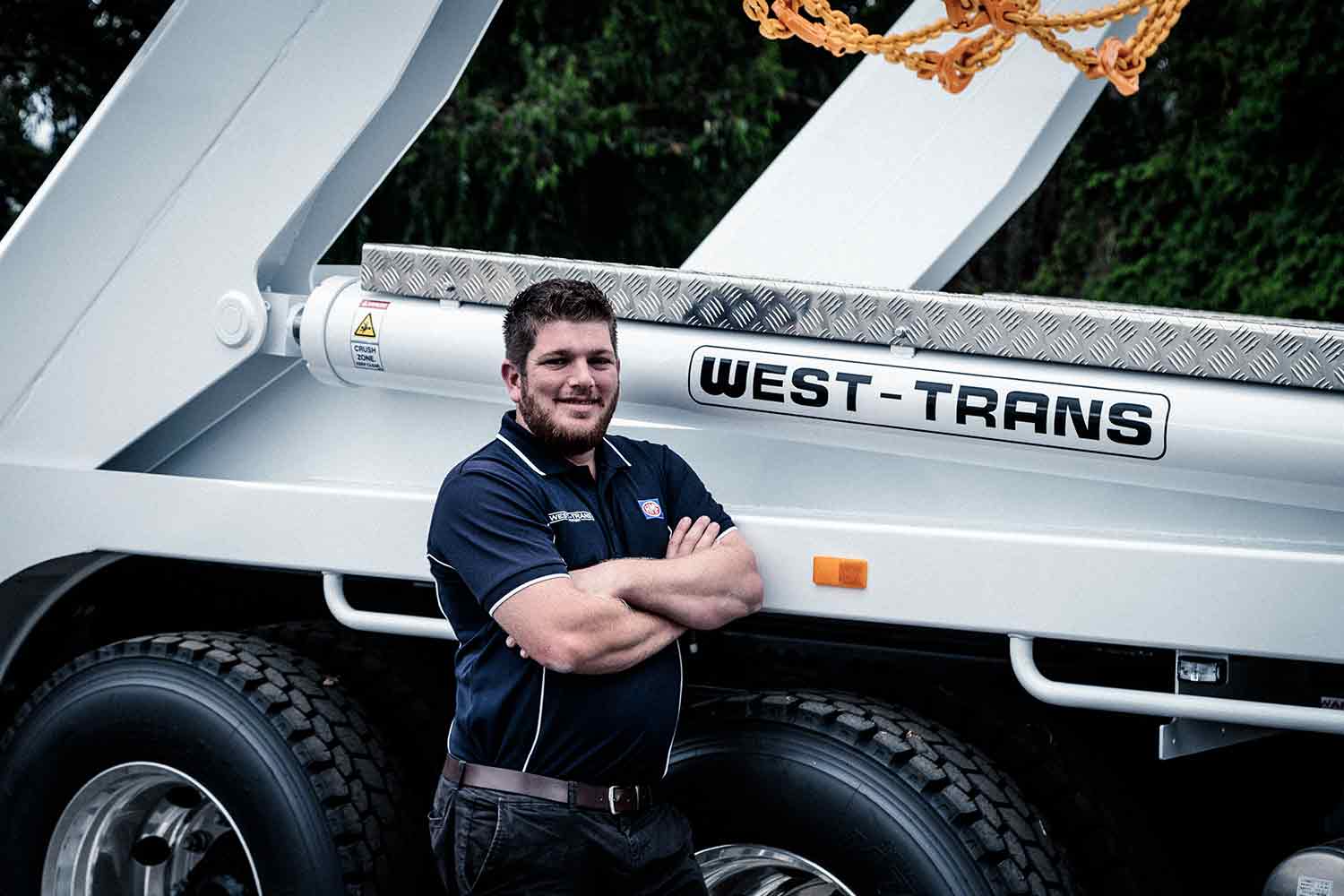
Some key routine maintenance for your skip loader that should be on every worker’s checklist includes lubrication, oil checks, air and fuel filter changes, and checking to see that all components are free from deformation.
Checking safety mechanisms and electronics should also be second nature to operators. Key issues to look out for include faulty breaks, any issues with unloading and loading, mechanical issues, and faults with hydraulic lines.
Proper lubrication or greasing is essential to having a smoothly operating skip loader that can perform all necessary jobs while minimising wear and tear and potential breakdowns. To put it another way, a lack of lubricants speeds up the wear of your equipment, meaning you’ll need replacement parts sooner, and it could greatly reduce your equipment’s life.
Tarping Systems: Maintenance for Reliability and Safety
Like any equipment, whether it’s your tools or trucks, the better you look after your tarping system, the more you’ll get from them in the long run. One of the main things to regularly check is the condition of the tarp itself.
After all, if wear and tear have left a hole in your tarp, it’s not going to be much use for protecting your load. Beyond the tarp itself, it’s important to lubricate the machinery and check that all electrical parts are working.
Also, be sure to keep the tarp system clean, as dirt and debris buildup can interfere with the machine’s operations. If you or your employees notice any wear and tear or damage, it’s vital to fix this problem sooner rather than later. Unfortunately, it won’t fix itself if you ignore it; it’ll only get worse over time!
Record Keeping and Scheduling Maintenance
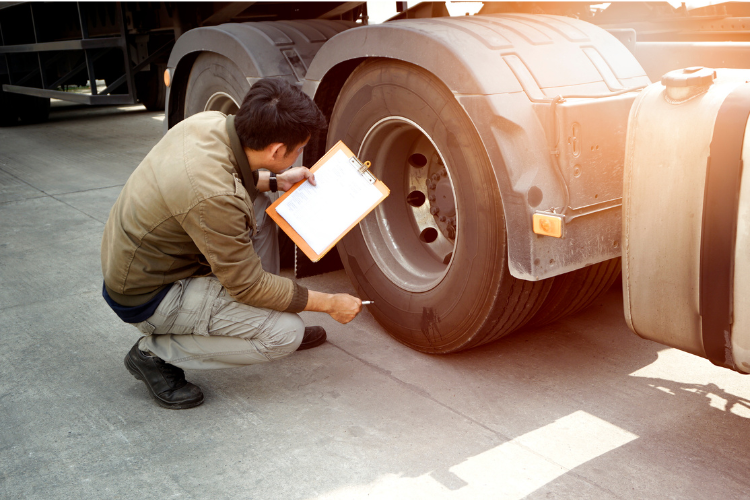
Whether it’s a dentist appointment or paying bills, we’ve all put things off in the past. When it comes to vehicle upkeep, it’s easy to fall into this pattern, but it’s a bad habit to get into. Scheduling maintenance helps ensure you have your vehicles checked regularly and that they’re in top condition.
Maintenance checklists for workers are a great way to make sure no aspect of care is overlooked. It’s important to keep a record of maintenance, repairs, replacement parts installed, and any other upkeep performance on your heavy-duty vehicle.
Not only is this essential for warranty purposes, but it will also provide a readily available history of the vehicle for you and anyone providing repairs and service.
Training and Safety Considerations
A heavy-duty vehicle is invaluable in the right hands, but can also be incredibly dangerous for untrained ones. Operator training allows businesses to check that all employees understand how to use the equipment and the safety standards the company expects.
Along with regular maintenance checks to ensure that all vehicles are in safe working condition, reinforcing good operating behaviour will make daily work safer for everyone. Regular, quality training for newbies and veterans is a key step to cutting down on property damage, injuries, and repair costs down the line.
The Long-Term Benefits of Regular Maintenance
It’s difficult to overstate how beneficial regular maintenance is for your vehicle and its future chances of productivity. Weather elements, the environment, accidents, and simple everyday use will take their toll, and regular upkeep helps combat this wear and tear.
Performing simple, routine upkeep on your vehicle significantly improves the efficiency and longevity of heavy-duty machinery. Catching any minor issues early could prevent them from becoming major problems that could lead to equipment failure.
Whatever industry you work in, a little TLC and good maintenance practices for your equipment will pay off with improved performance and a longer lifespan.
West-Trans is here to help with your heavy-duty vehicle needs!
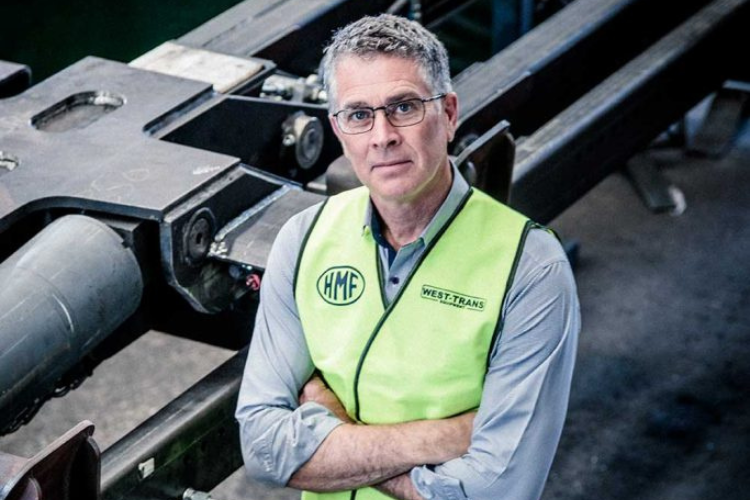
Heavy vehicles are among the biggest purchases your business will make, and regular maintenance and servicing is the best way to ensure you get the most from your investment. Professional servicing allows expert technicians to check all the vitals of your hook lift, tarping system, or skip loader to ensure it is in the best condition.
At West-Trans Equipment, we’re here to provide expert advice and maintenance services and handle any inquiries about our range of heavy-duty machinery.
We have the experience, skills, and passion to service and repair your skip loaders, hook lifts, and tarping systems.
Get in touch with our friendly team today to find out how we can help you with your heavy-duty equipment needs!

